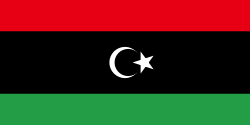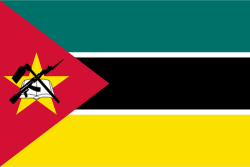Back
Inefficiencies, cost challenges affecting Nigeria’s petroleum distribution infrastructure — NMDPRA
Oct 31, 2024
The Nigerian Midstream and Downstream Petroleum Regulatory Authority (NMDPRA) has identified critical inefficiencies and cost challenges plaguing the country’s petroleum distribution infrastructure.
Speaking at the OTL Africa Summit in Lagos on Thursday, Mr. Ogbugo Ukoha, Executive Director of Distribution, Storage Systems, and Retail Infrastructure at NMDPRA, highlighted the urgent need for increased investment in coastal and port facilities to address these issues.
In his presentation titled “Nigeria Fuels Congress: Issues in Pricing, Policy, Profits and Market Access,” Ukoha underscored that enhancing infrastructure is essential to lowering operational costs.
He noted that current port limitations restrict the capacity to handle larger vessels, significantly inflating costs. “At MRS, we can only accommodate vessels up to 60,000 metric tonnes, while larger LR1 vessels can transport between 90,000 and 150,000 metric tonnes,” Ukoha explained.
He elaborated on the logistical hurdles, stating, “Previously, we could import petrol directly from Rotterdam using 90,000-ton vessels. Now, these vessels must anchor in Lagos for ship-to-ship transfers, resulting in smaller cargo deliveries and multiple, costly voyages.”
Ukoha revealed that charter costs can range from $50,000 to $100,000 per day, further compounding operational inefficiencies. “These inefficiencies are manageable.
12Shares
0Comments
3Favorites
21Likes


































































































No content at this moment.